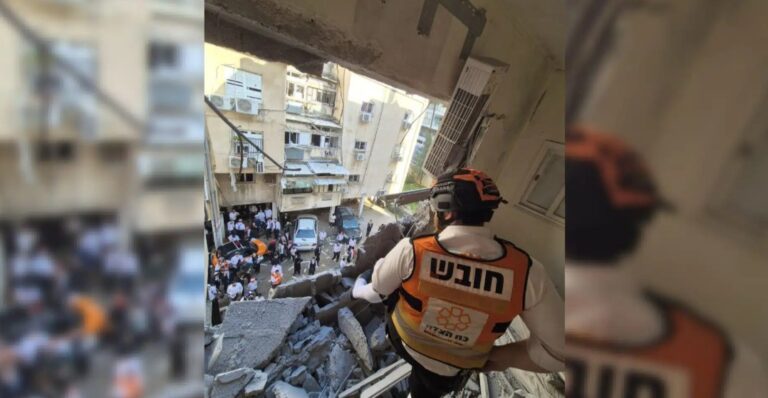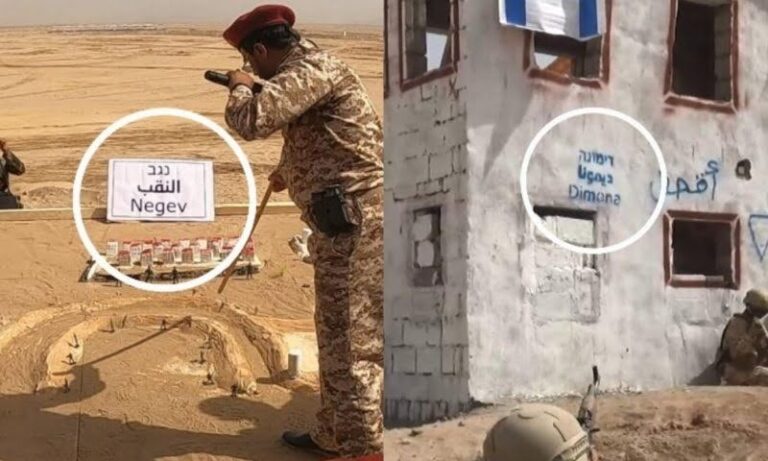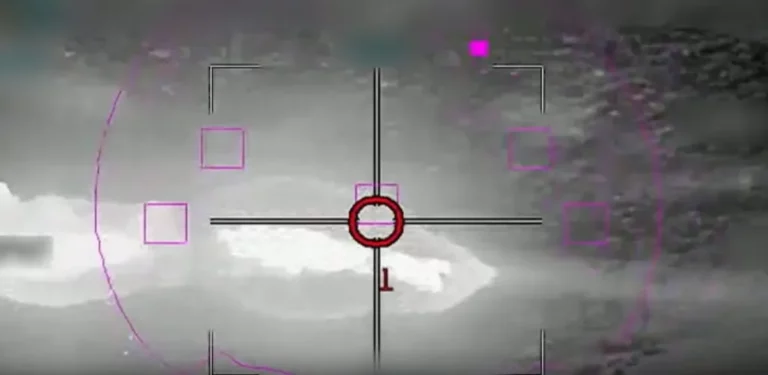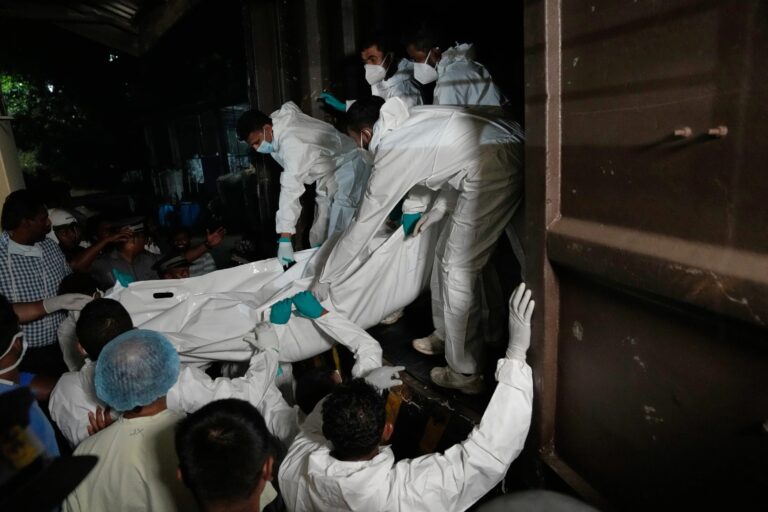 This article is written in honor of the forthcoming marriage of the author’s daughter Mirelle to R’ Rephael Giller which will b’Ezras hashem take place tonight.
This article is written in honor of the forthcoming marriage of the author’s daughter Mirelle to R’ Rephael Giller which will b’Ezras hashem take place tonight.
The article is a translation of a heretofore unpublished Sefer of Rav Elyashiv zatzal’s rulings on nissuin. The original sefer will be published shortly in lashon haKoedesh by Rav Elyashiv’s grandsons. The Elyashiv family graciously granted the author permission to translate the sefer and to give it out at the wedding.
PARTICIPATION OF MOURNERS IN WEDDING FEASTS
1. A mourner, may the Merciful One protect us, who is within a year of mourning for his father or mother, and similarly within shloshim (30 days) of other relatives is forbidden in participating in a wedding or another Seudas Mitzvah, and certainly in ones that are not Seudas Mitzvos.
PARTICIPATING IN THE CHUPPAH
2. Regarding a Chuppah [that is held outside], one can be lenient and permit participating [even if he is not a relative] since the Chupah is under the sky. However, they must remain outside the entire time. It is permitted to pass through the hall to get to the Chuppah, but one may not linger in the wedding hall – even if it is before the wedding.
PARTICIPATION OF CLOSE RELATIVES
3. If he is so closely related to the groom or the bride that they will be pained that he is not participating, it is permitted for him to participate – however, he must work at the meal or assist the parents in greeting the guests. He may not sit among the gathered guests nor may he eat with them. However, it is permitted for him to sit in a different room and eat.
PARTICIPATION ON SHABBOS
4. In the Shabbos meals of Sheva Brachos and the Aufruf, if it is accepted in the family that they are participating and through this [their absence] it will lessen the joy – then one may be lenient.
PARENTS AT A WEDDING
5. The father or mother of the groom or bride are permitted to participate like normal in the wedding of their children – even within shloshim. Similarly, they are permitted to eat with everyone at the wedding feast and dance with everyone.
They may also wear Shabbos or Yom Tov clothing, but they may not wear new clothing. [However, they may give the clothing to others to pre wear for a few days].
If it is possible for the parents to limit their dancing in a manner that will not bother the groom or the bride – they should limit it somewhat.
GRANDPARENTS AT A WEDDING
6. The grandfather or grandmother of the groom or bride may also be lenient and participate in the wedding festivities of a grandchild, and even eat and dance. However, they should limit their dancing. If it is within shloshim, it is proper that they work at the wedding.
STEP-CHILD
7. It is permitted [for a step-father in mourning] to participate in the wedding and the Tnaim of his step-child. For since he raised him, there will be something missing in the simcha [joyous occasion] without him. Even if he did not raise him, but now he is the husband of his mother, and this will lessen the joy of the groom – it is permitted.
PARENTS DURING SHEVA BRACHOS
8. Parents are permitted to participate and eat in Sheva Brachos meals.
BROTHERS AND SISTERS
9. Brothers and sisters of the groom or the bride are permitted to participate in the wedding festivities and in sheva brachos. However, they must work and eat in a separate place, as mentioned above. This is only on condition that their non-presence would ruin or lessen the joy of the groom.
It is also permitted for them to wear Shabbos clothing. They may also dance, but they should limit it.
A ROSH YESHIVA OR MAGGID SHIUR
10. A Rosh Yeshiva or a Maggid Shiur or even a private teacher who learned with the young man, and he developed a strong connection to him, and the groom will be pained if he will not participate in the wedding, may participate [in the wedding] and dance with the groom. In regard to eating and wearing Shabbos clothing, if the groom will notice it and will be bothered by it, it is permitted.
It is permitted to be Mesader Kiddushin within the twelve months [of mourning]. However, he must leave immediately after the Chuppah.
PARENTS WITHIN SHIVA
11. If they established a time for the wedding, and the father or mother of the groom become Aveilim, mourners, within shiva, the week of mourning, may the Merciful One save us, it is completely forbidden for them to participate in the wedding.
At the Chuppah, one may be lenient and permit participation by being Shoshvinim – [those who serve and accompany the groom or bride]. However, even during the time of the Chuppah they are forbidden in wearing Shabbos clothes. Similarly, they are forbidden in wearing shoes, and they must remain in torn clothing. However, it is permitted to cover the tear with a garment on top of it that is made to protect from the cold [such as a sweater or coat, or something similar], for since they are not wearing it for the purpose of clothing they are not obligated in ripping.
Afterward, they must return to their home. However, they may sit shiva on the floor in any room next to the wedding hall in order to allow people who are coming to the wedding to visit him as well. It is permitted to say “Mazel Tov” to a mourner.
VORT
12. It is permitted for the parents of the groom or bride to participate in a vort – even if it is within their Shloshim, and certainly during the twelve months.
However, within the Shiva they should not participate unless it is held in the Bais Avel [the Shiva house], but this is only after the first three days of mourning [have passed].
PARTICIPATING IN TNAIM
13. It is permitted for the father and mother of the groom to participate in Airusin [that is the Tnaim] normally during the twelve months and even within shloshim. However, for siblings of the groom it is proper for them to work. Grandparents may participate normally, and even eat.
Within Shiva it is forbidden to participate in a Tnaim festivity.
YARTZEIT
14. On the day of a yartzeit one should not attend a wedding celebration, nor a Sheva Brachos even if there is no music. However, one may attend a Tnaim.
Parents may participate in a wedding and sheva brachos of their son or daughter on the night of a Yartzeit, and so may all of those that are permitted above.
SOME LAWS OF MOURNING THAT PERTAIN TO A GROOM AND BRIDE
KRIYAH
15. A relative of the groom or bride that passed away, may the Merciful One save us, within the seven days of feasting, the groom or bride are obliged in ripping Kriyah on all seven relatives – not just on the father and mother [like on Chol HaMoed].
GRANDPARENT PASSED AWAY
16. If, heaven forbid, a grandmother passes away in the middle of the days of feasting, one should not cancel the Sheva brachos, but they should continue as normal.
FUNERALS
17. The custom is for the groom and bride not to attend a funeral.
DEATH BEFORE AN AUFRUF
18. A groom whose father has passed away r”l a few days before his Aliyah to the Torah [Aufruf] and he is in the middle of Shiva, since if he does not go up to the Torah it would be considered Aveilus b’farhesya, public mourning [on Shabbos], he is called up to the Torah in a regular manner.
COMING TO THE KOSEL
19. A groom and bride who come to the Kosel during the seven days of feasting, one may be lenient that they not be obligated to rip Kriyah on the Makom HaMikdash – for these days are considered like Chol HaMoed for them.
VISITING THE SICK AND COMFORTING MOURNERS
20. It is permitted for a bride and groom to visit the sick or comfort mourners during the seven days of feasting.
The tranlator can be reached at [email protected]










